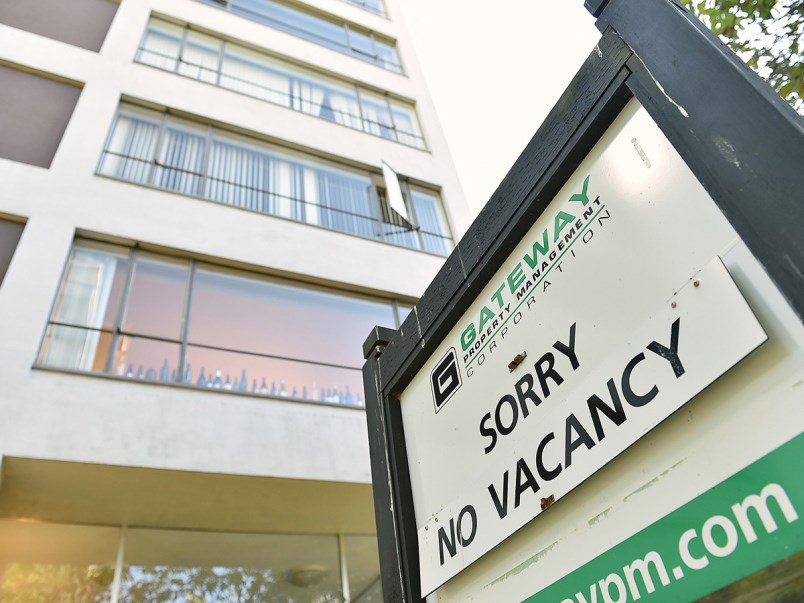A proposal for rental-only zoning in Richmond was punted back to staff after the planning committee concluded there was still need for more information and consultation.
The proposed bylaw would have imposed a “rental-only” zoning on 60 properties that already are 100 per cent rental as well as considered implementing rental-only zoning for new multi-family apartment developments. This would mean properties that were already pre-zoned in the 1980s could be required to include rental units. The new rental-only tool would allow the city to require rentals without needing to create a Housing Agreement Bylaw with the developer.
The sixty properties included 21 market rental housing complexes, 22 non-market housing complexes and 17 housing co-operatives for a total of 4,125 units.
Creation of rental-only zones became possible after the provincial government introduced the rental-only housing changes to the Local Government Act last May.
John Roston, who ran for council in October, in an open letter to mayor and council, called the 10-per-cent requirement “totally inadequate” and he suggested they increase this amount to 60 per cent rental in large development, pointing out the vacancy rate is less than one per cent. He also suggested that council require more multi-bedroom units.
He also spoke at the committee meeting, citing a CMHC report from 2016 that showed it was possible to make money building rental housing in �鶹��ýӳ��“if you avoid high-end finishes and construct the units specifically for the rental market.”
“You will not make as much as you would selling high-end units to foreign speculators, but you can make money while providing Richmond with the housing it needs,” he said in written statement to the committee.
Local developer Dana Westermark also addressed the planning committee saying the topic came up quite suddenly as the agenda was published on Friday. He called the proposed bylaw an “unnecessary step” because the city already has a policy to replace each rental unit with another one.
“I think this is a solution looking for a problem,” he told the committee. He pointed out he has two clients who own rental properties that would be affected, and they have expressed interest in densifying, both adding to the rental stock as well as adding market housing.
“It’s a very challenging market to make rental work,” he said.
He added the bylaw might have unintended consequences, for example, affecting the market value and thereby reducing how much can be borrowed against it.
Coun. Alexa Loo said she felt the issue should be put out for public consultation so that council approaches it with their “eyes wide open.”



